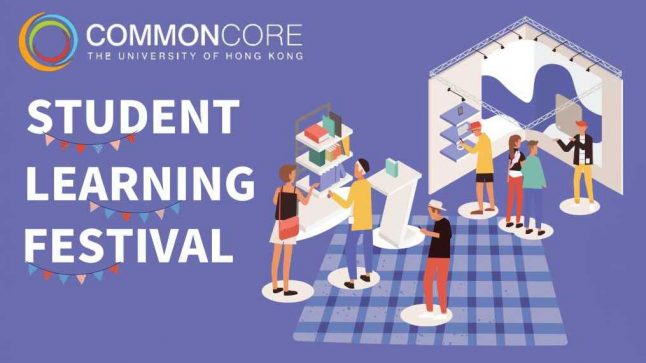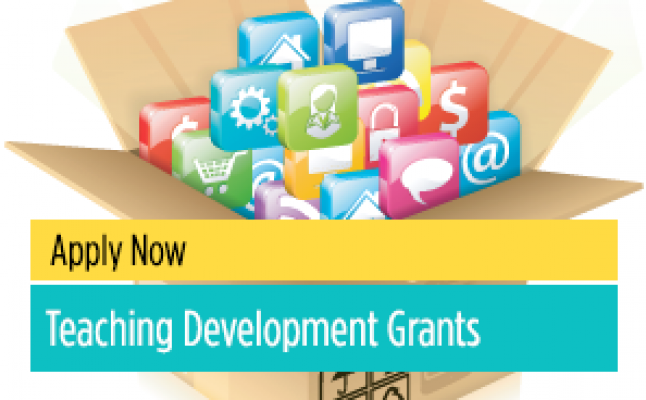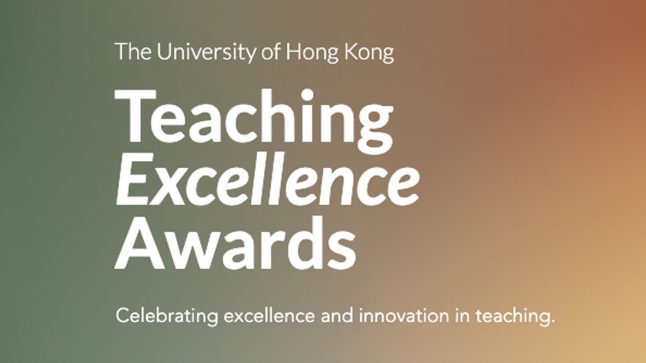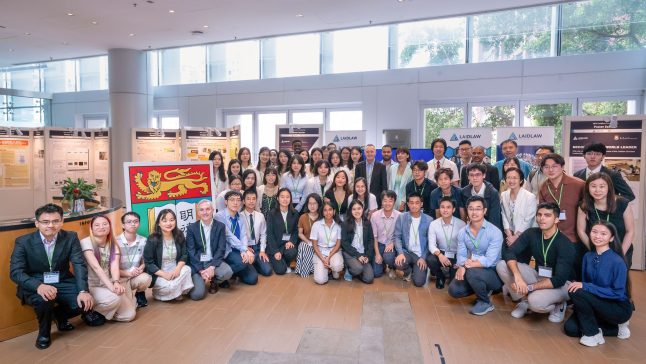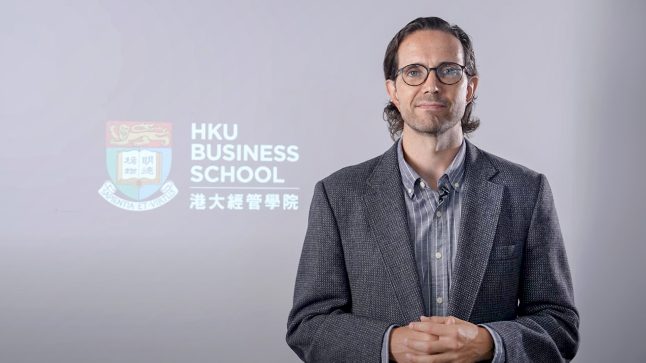
HKU had the fantastic opportunity to welcome the esteemed Professor Richard Levin (Coursera CEO and Yale President Emeritus) for a publically-open keynote speech on the 5th December. In this captivating and anecdotal talk, Professor Levin drew on his two decades of experience as a leader in higher education to discuss his common challenges and lessons from his time at Yale, his views on the state of higher education in Asia, and his recent decision to join Coursera.
Underpinning much of his discussion of the progressive internationalization of higher education was his view that cross-cultural communication is essential for anyone who aspires to leadership. Testimony to this belief is the work that Professor Levin undertook in Yale to establish a programme for undergraduates in Beijing and increase participation in international work and study programmes; his involvement on the board of the National Committee on United States-China Relations; and the creation of the first liberal arts college in Asia: Yale-NUS (National University of Singapore).

Alongside this growing need for cross-cultural communication as an integral part of the higher education experience are the changing assumptions about how the world works. He noted that international understanding is a core part of the 21st Century curriculum – a curriculum which has, to a large extent, become internationalized ‘by itself’. He drew on the example of one of the initial courses which he taught in 1974 on the topic of Industrial Organisation in a North American context. He reflected that, from a contemporary perspective, the scope of this course would no longer be sufficient as industries rarely exist within one nation. Multinational communication and industry is central to many of today’s workplaces. Perhaps this insight is one of the factors which led to Professor Levin’s pioneering of online learning environments which enable learners to communicate across contexts and potentially across cultures, too.
After a fascinating exploration of several of his experiences experimenting with online learning spaces in higher education, Professor Levin discussed how he saw the role of Coursera in providing quality education to a global audience. With more than 10 million learners, 875 courses, and 115 partners, this platform is certainly not short of numbers and, by extension, is likely to embody a huge range of cultures, perspectives and areas of inquiry. It seems logical therefore that any discussion today on the internationalization of higher education mention MOOCs and the way in which they can leverage interaction and learning within and across cultures through the lens of subject areas scaffolded by reputable tertiary institutions.

Professor Levin’s passion for this exciting new space was clearly shared by the audience, which consisted of students, faculty, leadership alumni, UGC, school principals, amongst other stakeholders. Questions sparked discussions on how Professor Levin saw the future of Coursera; censorship and quality issues; the possible changing emphases of professoriate evaluation as a result of MOOCs; and considerations of assessment reliability for those considering offering credit-bearing MOOCs.
This inspiring keynote gave us all the opportunity to reflect on the world in which we live from the perspective of educators and learners. In order to gain insight into the scope and impact of MOOCs, one need not look past the experience of one of Professor Levin’s colleagues who calculated that, in his first MOOC offering, he had a completion rate of 20,000 learners; around 2.5 times the number of learners he had taught in face-to-face mode over his career! A sincere thanks to Professor Levin and the Coursera team for so generously sharing your experiences and insights with us.
A post from the e-learning Pedagogical Support Unit (EPSU)

